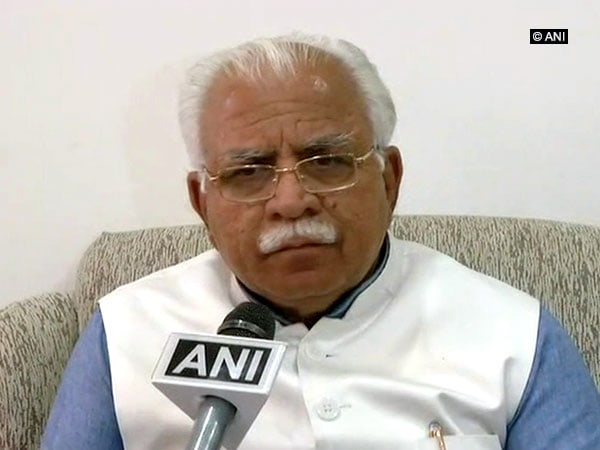An even-handed approach would be the most effective to stop this practice of worship in public spaces
Haryana chief minister Manohar Lal Khattar is known to often court controversy and his latest remarks on the venue of holding the namaz have set off angry responses in various quarters. But Mr Khattar is justified in saying that prayers cannot be held in public spaces impeding movement and traffic and that Muslims who want to pray ought to do so in mosques. The same should hold for practitioners of every religion. This is a matter of practicality and respect for the right of movement for all people. His administration has said that for want of space, the faithful can seek designated spaces with official permission. No one has any right to create an obstruction in public in the name of religion and this applies equally to other faiths.
Similarly, the yearly unruly and noisy kanwariya procession which holds up traffic and movement on the roads should be discouraged. Once again, there is nothing wrong in the believers using the roads, but they should do so at a time when there is minimum disruption. The annual procession often descends into hooliganism and takes away from what was meant to be a penitent’s journey for spiritual salvation. The issue of the namaz in public places has come up before. There have been many Muslim scholars who have argued that it is not required that the prayer be offered in any particular place. They can be done at home, within the mosque or workplace. Unfortunately, the issue of religious congregations and where they can be held has become politicised and any attempt to impose the law or ensure the rights of those who are not participants becomes an issue of secularism versus communalism.
The secular state has the responsibility to uphold the rights of everyone and no one can violate this. Mr Khattar has gone as far as to say that public worship can take place if no one objects. But such is the congestion in our cities — the present problem arose in Gurugram — that people are bound to be affected. An even-handed approach would be the most effective to stop this practice of worship in public spaces. This is not practised in any country, even in Islamic countries. As the Haryana administration has said, the community can approach it to seek other less intrusive arrangements for worship even though it is not the duty of the state to provide these. Similarly, aggressively noisy bhagwati jagrans should also be stopped except within designated periods. Certainly, the public will thank the state for this.
(This piece was originally published as an editorial in Hindustan Times on May 8)

